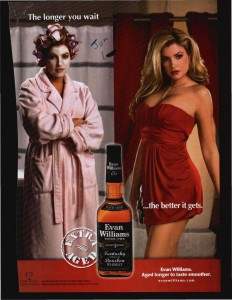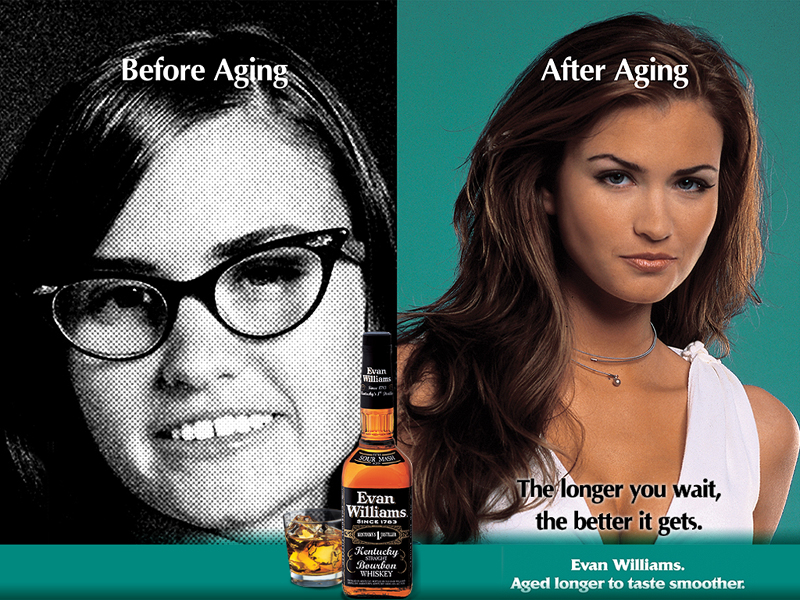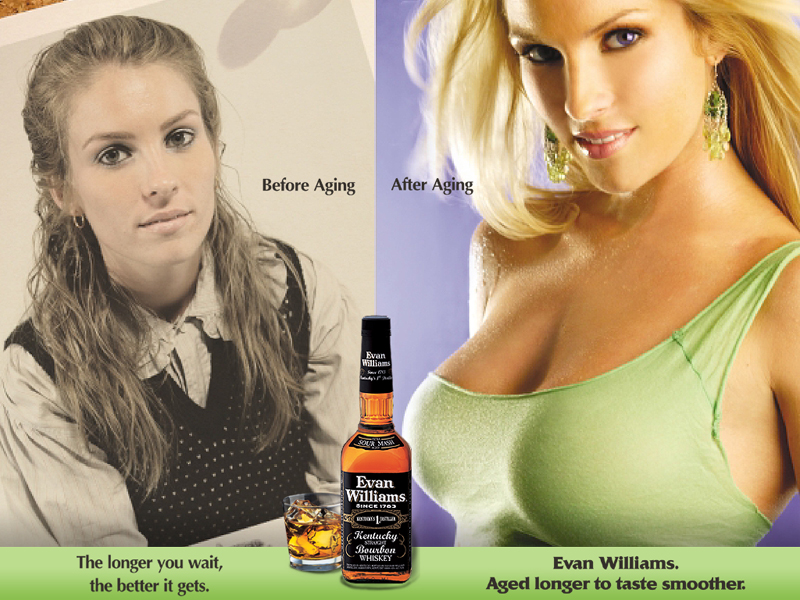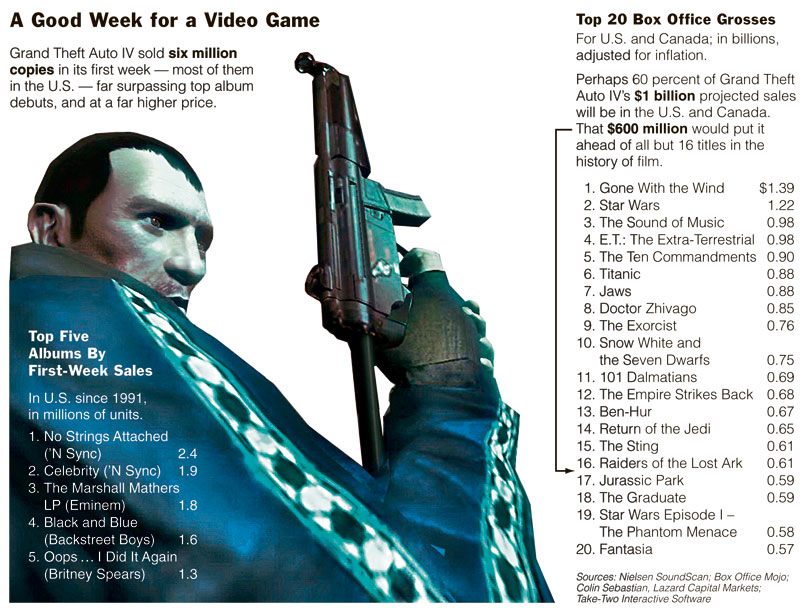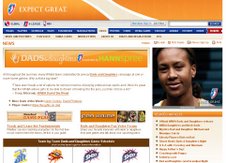
This is from the WNBA’s website–it’s their Dads and Daughters page. When I first came upon it, I assumed it highlighted the fathers of WNBA players. There’s a Dad of the Week section and a schedule of games that have a Dads and Daughters event. But the Dads of the Week aren’t necessarily related to anyone on the team. They’re just dads who are being highlighted–one Dad of the Week is the Executive Vice President of Products at AOL. How the Dads of the Week are chosen is not clear.
I went to the NBA website and looked around, and unless I’m missing something, there is no Moms and Sons (or even Dads and Sons) page.
I have a theory about this. From the beginning, one problem the WNBA faced was not appearing to be a “lesbian league,” which would presumably alienate advertisers and audiences. To highlight the femininity of the players (because pretty girls who wear makeup can’t be dykes, right?), players were encouraged to wear makeup (and were even sent on Oprah to get makeovers) and players with husbands, boyfriends, and children were photographed with them and their profiles made sure to stress their family roles. When the WNBA began, the website had a forum about the uniforms (potential colors, shapes, styles, etc.), and there was some discussion of making the players wear skirts. [For an interesting discussion of gender in the WNBA, check out: Sarah Banet-Weiser. 1999. “Hoop Dreams: Professional Basketball and the Politics of Race and Gender.” Journal of Sport & Social Issues 23: 403-420.]
The Dads and Daughters page fits into the efforts to make the WNBA seem “family friendly,” i.e., not lesbian. The importance of men in women’s lives is reaffirmed (and also the idea that girls get their athletic abilities from their dads, not their moms). It makes it clear that the WNBA is not a “women only” social space.
The NBA has no need for a similar emphasis on women because we assume that male athletes are heterosexual (in fact, playing sports is one of the ways men prove they aren’t gay).
